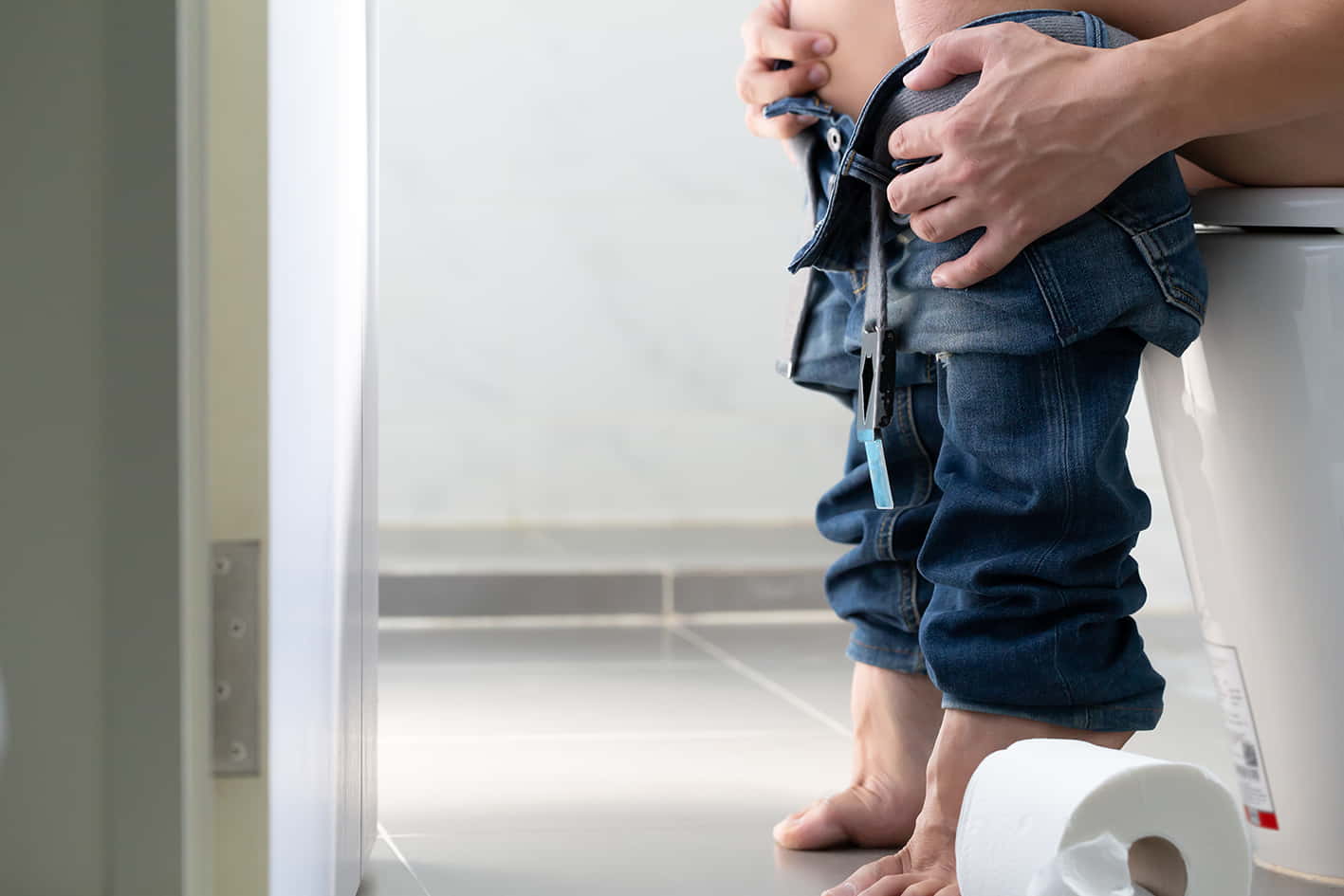政府推出的大腸癌篩查計劃是指為沒有大腸癌病徵(包括大便有血或呈黑色、大便帶有黏液、排便習慣突然改變等)的50至75歲人士進行篩檢,從而識別大腸癌高風險之人士,以便及早調理。參加者需要先約見基層醫生作初步的評估,如身體狀況及相關病歷合適參與大腸癌篩查資助計劃,醫療中心就會代辦理參加計劃的手續。
為了提高香港市民對大腸癌檢查的關注,政府衛生署已於2020年起,資助全面推行「大腸癌篩查計劃 (CRC)」,年滿50至75歲的香港居民可參與政府資助計劃的醫療中心接受「A faecal occult blood test」,以檢查大便是否含微量血液(隱血)。政府會再資助高風險人士進一步進行大腸鏡檢查,以避免大腸癌。
CRC Screening Programme eligible persons(Updated in 2024)
篩查計劃幫助找出病患者或較高風險患病人士,以便及早進行醫治和提高療程效果。參加「大腸癌篩查計劃」之人士必須符合以下資格︰
年滿50歲至75歲 (即由今年2023年1月1日起,於1947至1973年出生之人士)
持有香港身份證或豁免登記證明書
已加入政府<醫健通>電子健康紀錄互通系統
Participants with the following conditions are not suitable or not necessary to enroll in the Programme:
.Record of receiving colonoscopy within the past 10 years with normal result
.Record of receiving flexible sigmoidoscopy within the past 5 years with normal result
.Record of receiving FOBT within the past 2 years with normal result
.Have symptoms of colorectal cancer
.History of colon polyps
.Have two or more first-degree relatives diagnosed with colorectal cancer
.Diagnosis of hereditary bowel syndromes, or have first-degree relative diagnosed with such syndrome
.Previously been advised against receiving colonoscopy by a doctor
及早進行大腸癌篩查,可以於患者未出現大腸癌症狀前得以及時發現,盡早調理以免錯過療程良機。想知自己是否合乎資格參與篩查計劃?歡迎聯絡我們診所作初步評估和查詢。

大腸癌篩查計劃流程
Step 1: Find a primary care doctor
Step 2: Consult a primary care doctor and collect a FOBT test kit
Step 3: Collect stool specimens at home according to instructions
Step 4: Return FOBT specimens to a designated Specimen Collection Point
Step 5: Be notify with the result by primary care doctor
(Negative result) watch out for colorectal cancer symptoms and repeat FOBT every two years
(Positive result) consult with the primary care doctor for follow up and receive referral for colonoscopy
Colonoscopy examination(A colonoscopy) is a simple exam used to diagnose lesions and diseases in the lower gastrointestinal (GI) tract, including ileum, cecum, colon, rectum and anus. It uses a 1.3cm, flexible tube with an endoscope to allow the doctor to view the inside of the entire colon. People with symptoms of colorectal cancer or who are over 50 years old without any symptoms of colorectal cancer should follow the medical advice to conduct a colonoscopy.

Governmental Subsidisation and Additional Fees
In order to raise the awareness towards colorectal health, The DOH has fully subsidised the eligible to consult a primary care doctor and conduct a FOBT. There is no additional charge for eligible persons. Contact us to make an appointment now.
若果參加者於大便隱血測試的結果呈陽性反應,政府會額外資助港幣7,800元(沒有瘜肉)或港幣8,500元( remove polyps)供市民到大腸鏡醫生進行「大腸鏡檢查基本服務」。資助包括檢查前診症、大腸鏡檢查(包括靜脈鎮靜劑),及切除瘜肉(如有)。扣除政府的基本大腸鏡服務資助後,參加者需要收取不多於$1,000的額外費用。
大腸癌篩查方法
1. 大便隱血測試
大便隱血測試是一種非侵入性、低成本的篩查方法,用於檢測糞便中的隱血。隱血可能是大腸內部異常(如腫瘤或息肉)的徵兆。患者可以在家中收集樣本,然後送往實驗室進行檢測。即使沒有明顯症狀,隱血測試也能發現早期大腸癌或前癌病變,提高療程成功率。
2. 大腸鏡檢查
大腸鏡檢查是一種通過將一根長而柔軟的管狀器械(結腸鏡)插入直腸,檢查大腸內部的篩查方法。這種方法可以直接觀察大腸內部的情況,包括發現腫瘤、息肉或其他異常組織。一旦發現異常,醫生可以在同一過程中進行活組織檢查或移除異常組織。
3. 乙狀結腸鏡檢查
乙狀結腸鏡檢查是一種專門檢查結腸末端(乙狀結腸)的篩查方法。這種檢查通常在大腸鏡檢查中進行,旨在檢查結腸末端的異常。由於乙狀結腸是大腸中最常見的癌症發生部位之一,對這一區域的檢查對於早期發現和調理大腸癌至關重要。
這些大腸癌篩查方法可以幫助早期發現大腸癌或前癌病變,從而提高療程成功率並降低死亡風險。根據個人風險和醫療建議,患者應該與醫療專業人員討論最適合自己的篩查計劃。

Colonoscopy Result
當參加者完成大腸鏡檢查後,大腸鏡醫生會與你商討檢查結果。若結果為正常,即大腸內壁沒有可疑狀況。若結果為不正常,醫生會向你解釋報告的內容,並會為你製訂合適的療程方案。
FAQ for Colorectal Cancer Screening Programme (CRC)
1. 大腸癌如何分期?
大腸直腸癌分成0期到4期,並以腫瘤侵犯深度(T分期)、局部淋巴轉移有無(N分期)、遠端器官轉移有無(M分期)來做期別判定。
2. 若我患有痔瘡,可以參與大腸癌篩查計劃嗎?
You can join the programme and conduct a FOBT as long as the pile does not bleed. If it does, please seek medical assistance as soon as possible.
3. 如果我遺失或損壞了大便隱血測試採便管可以怎麼辦?
If you lose/break one of the two FOBT tubes, you should still carry out stool specimen collection for the remaining FOBT tube. You should contact your Primary Care Doctor for a replacement if you lose or break both tubes.
4. 如何提交大便測試樣本?
You will have to put the FOBT tube in a small plastic bag and seal it in the bigger bag which has the specimen form on it. You should return it to a designated specimen collection point within 4 days of its collection.
5. 大便隱血測試結果呈陽性是患大腸癌嗎?
A positive FOBT result means that blood is detected in your stool. This can be due to a number of other conditions apart from colorectal cancer. You should discuss with your doctor regarding further investigations to look for the cause of the bleeding.
6. 可以即日進行大腸鏡檢查嗎?
由於大腸內視鏡(腸鏡)檢查需於檢查前6小時禁止飲食,而且需要於檢查前將腸道完全清潔,以避免糞便阻礙觀察大腸情況。因此,不會提供即日的大腸鏡檢查預約。一般程序需安排先進行醫生面診了解病人狀況,再安排合適的檢查及療程。
7. 照大腸鏡需要住院嗎?
Colonoscopy is a simple exam that only requires the patient to spend a half day in the daytime medical centre to conduct the exam.
8. 可否使用醫療券支付大腸癌篩查之額外費用?
The programme is subsidised by the Department of Health so health care vouchers cannot be used to settle the co-payment.




